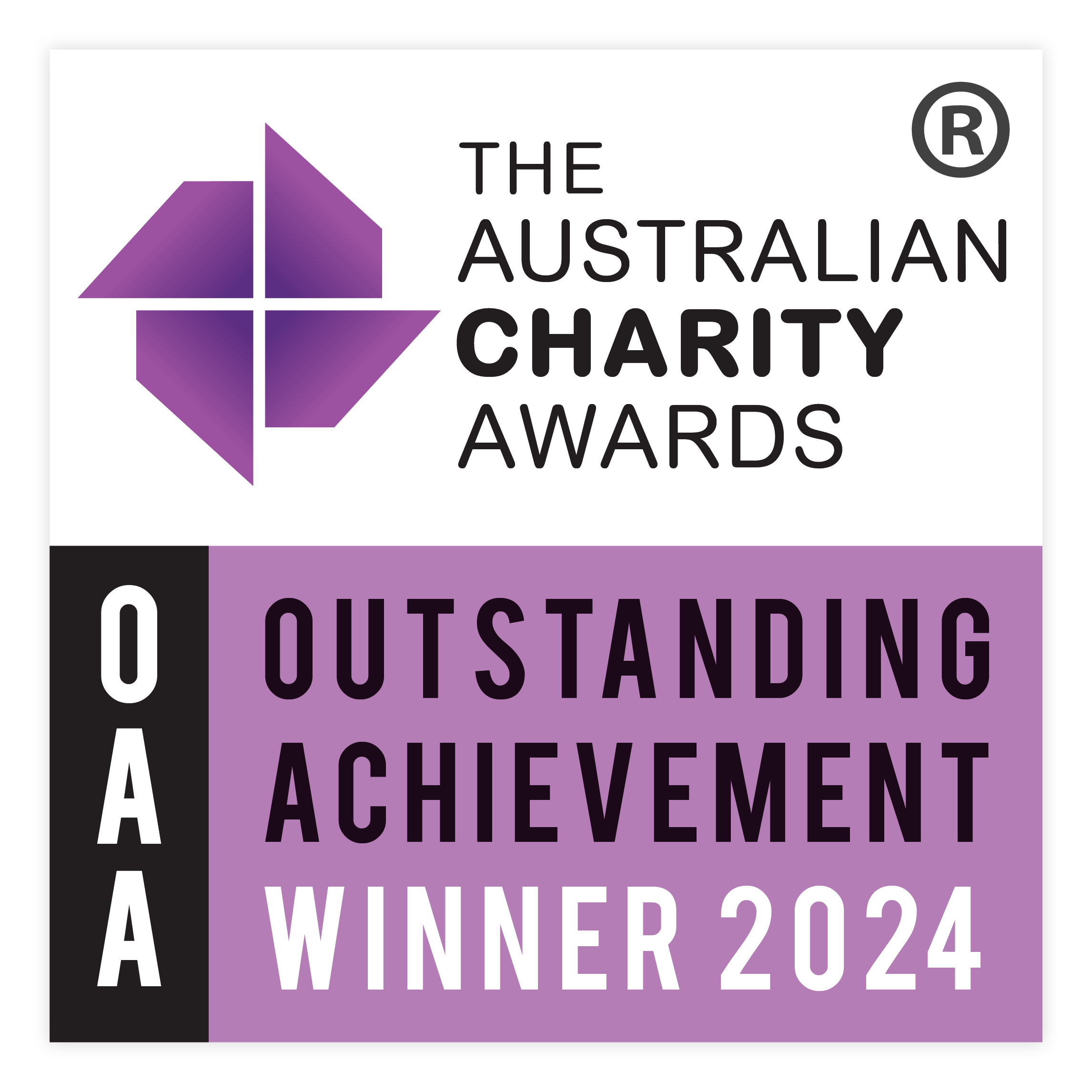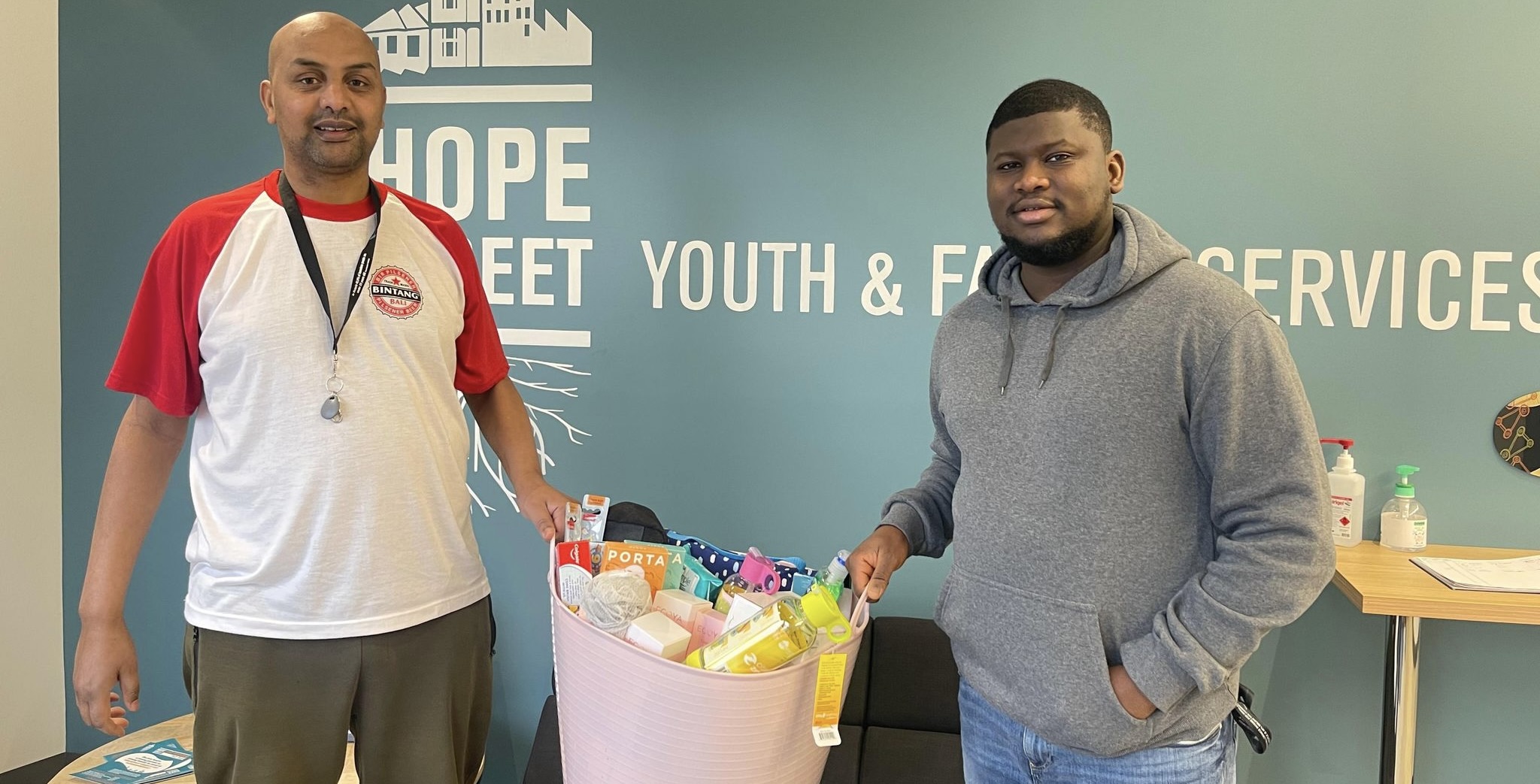
Pictured: Hope Street Youth and Family Services (VIC)
Australia is facing a rental crisis driven by decades of poor housing policy and social housing underinvestment, supercharged in recent years by the pandemic and world events. These factors have resulted in homelessness increasing by 8% and 42% of all low-income households experiencing rental stress. For people living on the margins, these factors lead to significant challenges in finding and maintaining safe and secure homes. Supporting someone with all the essentials needed to make a house a home, increases the likelihood that they will maintain their tenancy and avoid a return to homelessness. Through StreetSmart’s Making-a-Home program, vulnerable people are supported into safe, sustainable and secure tenancies, a critical step in preventing and ending homelessness.
Making-a-Home impact to date
187
159,000
30
Australia’s housing crisis and the Making-a-Home solution
As the cost of living pressures have soared and exacerbated housing precarity for those on the margins, social housing availability has dwindled to 3.8%. Rents have risen by as much as 13% this past year, squeezing down the availability of affordable rentals across the country. Finding and maintaining a home has arguably never been harder.
When affordable housing is eventually secured, it is crucial that people are supported in making their house a home, and avoid going into immediate debt when purchasing essentials like furniture, white goods, or kitchenware. People who are fleeing domestic violence, recovering from natural disasters, or moving into accommodation after experiencing homelessness, often don’t have the basic items needed to set up a new home from scratch. Launched in July 2021, Making-a-Home ensures that people are supported and set up for successful tenancies to both end and prevent homelessness.
Ending homelessness through Housing First and support for struggling services
We know the critical importance of housing in creating a community where homelessness is rare, brief, and non-recurring. This is why through Making-a-Home, we recently championed the Housing First approach through funding 9 ‘Zero’ project collaborations. At its core, the Housing First approach places safe and suitable housing as the first and immediate response to someone experiencing homelessness, and has retention rates ranging from 66-90%. Targeting and supporting the most vulnerable in our community, identified through registration weeks, the Zero programs are a response to rough sleeping with the aim of ending street homelessness.
Organisations on the frontline delivering these key supports and services are “underfunded, overworked, and underpaid” and in a recent survey of over 1,400 community sector staff, 66% said that demand for their service had increased in 2022. Only 3% of respondents said they were ‘always’ able to meet demand. The analysis showed that resources were particularly thin for housing and homelessness services, with 1 in 10 reporting ‘never’ being able to meet demand. Making-a-Home funding builds capacity and resources for these crucial organisations, ensuring they are able to respond to the rising demand in their community.
Lasting impact for most vulnerable
Setting people up for a successful tenancy helps to end the experience of homelessness as well as prevent a future experience. StreetSmart’s Making-a-Home initiative, powered by Origin Energy, is supporting at-risk youth, Domestic Violence survivors, older Australians, and LGBTQIA+ community members into safe and sustainable homes. Read more about the impact this vital funding has for organisations and vulnerable people below.
“When women leave Catherine House, they often have many expenses when trying to set up their new homes. One of the most common things women tell us is that food is often left to last when considering all the bills they need to pay – rent, utilities etc. There is also a huge need for practical “moving on packs” that include basic appliances and items like kettle, toasters, and linen. This support gives them the best start as they move into independence and security.”
–Catherine House, SA
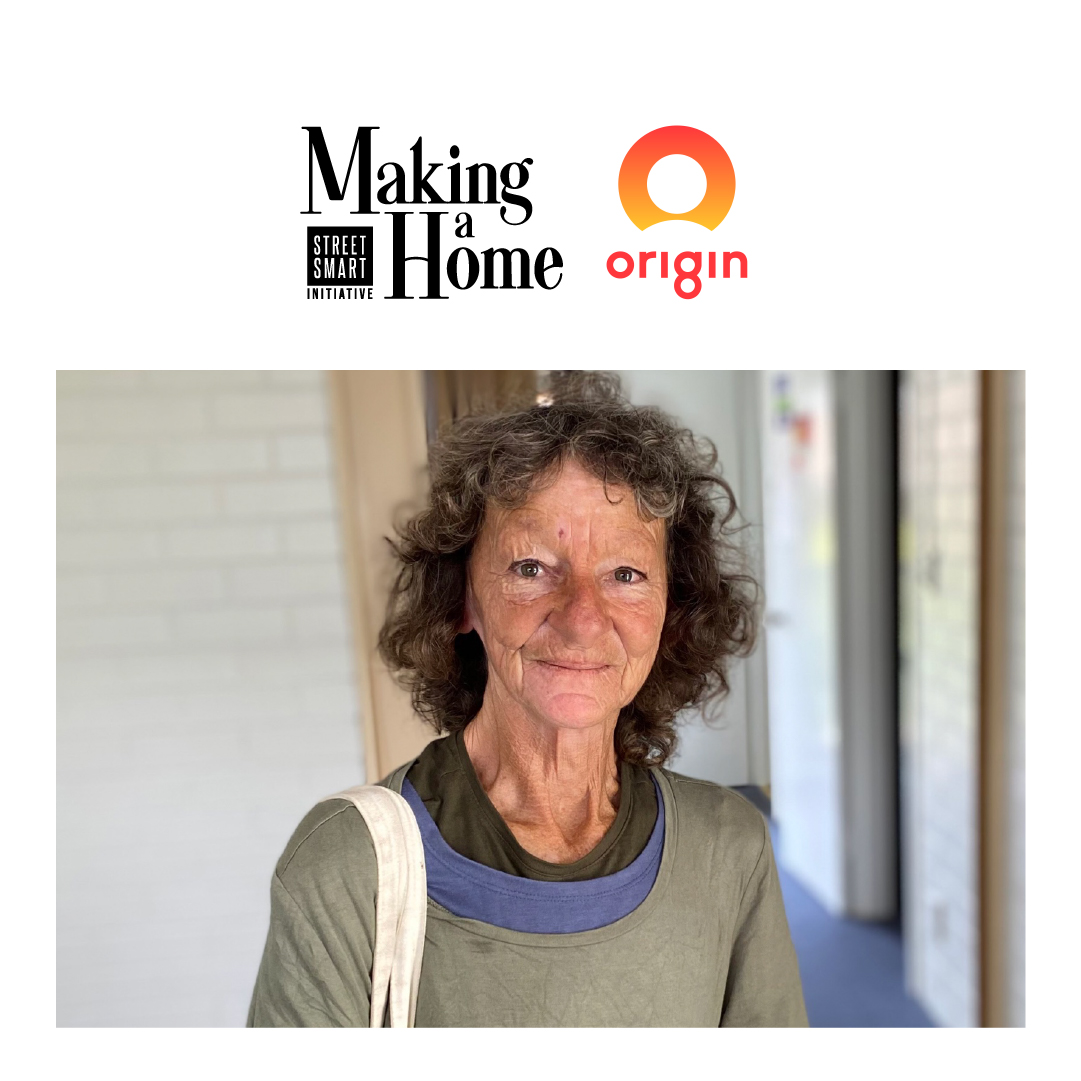
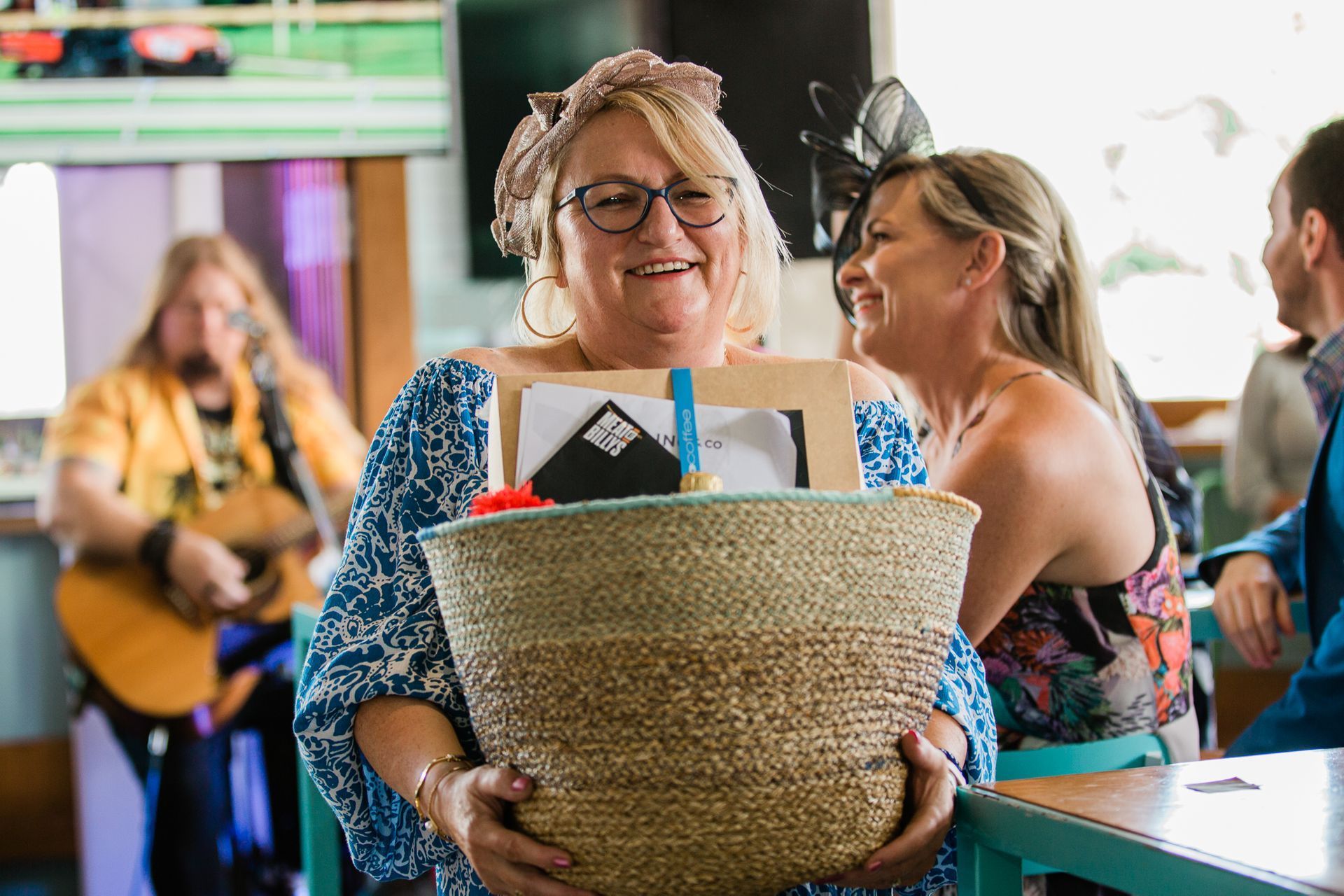
Pictured: Communify – HART4000
“The costs associated with moving for people who live on little to no incomes including needing to pay rent in advance often leaves people with little ability to purchase furniture themselves. Evidence of social housing tenancies at risk show that when homes are not furnished adequately, it is one of the main risk factors for a tenancy to fail. When people secure a house, having access to essential furniture such as beds, whitegoods and kitchen items is a huge challenge. We would also be able to support clients with Kmart vouchers that they can utilise to purchase smaller items such as kitchen items or soft furnishings. This process fosters choice and autonomy and people are able to pick out their own items which aligns with the Trauma-Informed approach we use”.
– Communify HART 4000, QLD
“As young people set up their First, Happy, Home they need flexible brokerage to purchase essential items. Young people often don’t have the resources or funds to kit out their new homes with necessities like electricals, cleaning materials, kitchen, laundry, and pantry items, furniture, white goods etc. This support will go a long way in making their First Happy Home a success.”
-Hope St Youth and Family Services, VIC
“Providing essential white goods like washing machines and fridges to women starting over after fleeing Domestic & Family Violence is powerful. These are two essential items a family just can’t be without, providing dignity & peace of mind, with the means to simply wash their own clothes & feed the family with safely stored food.”
– NOVA for Women and Children, NSW
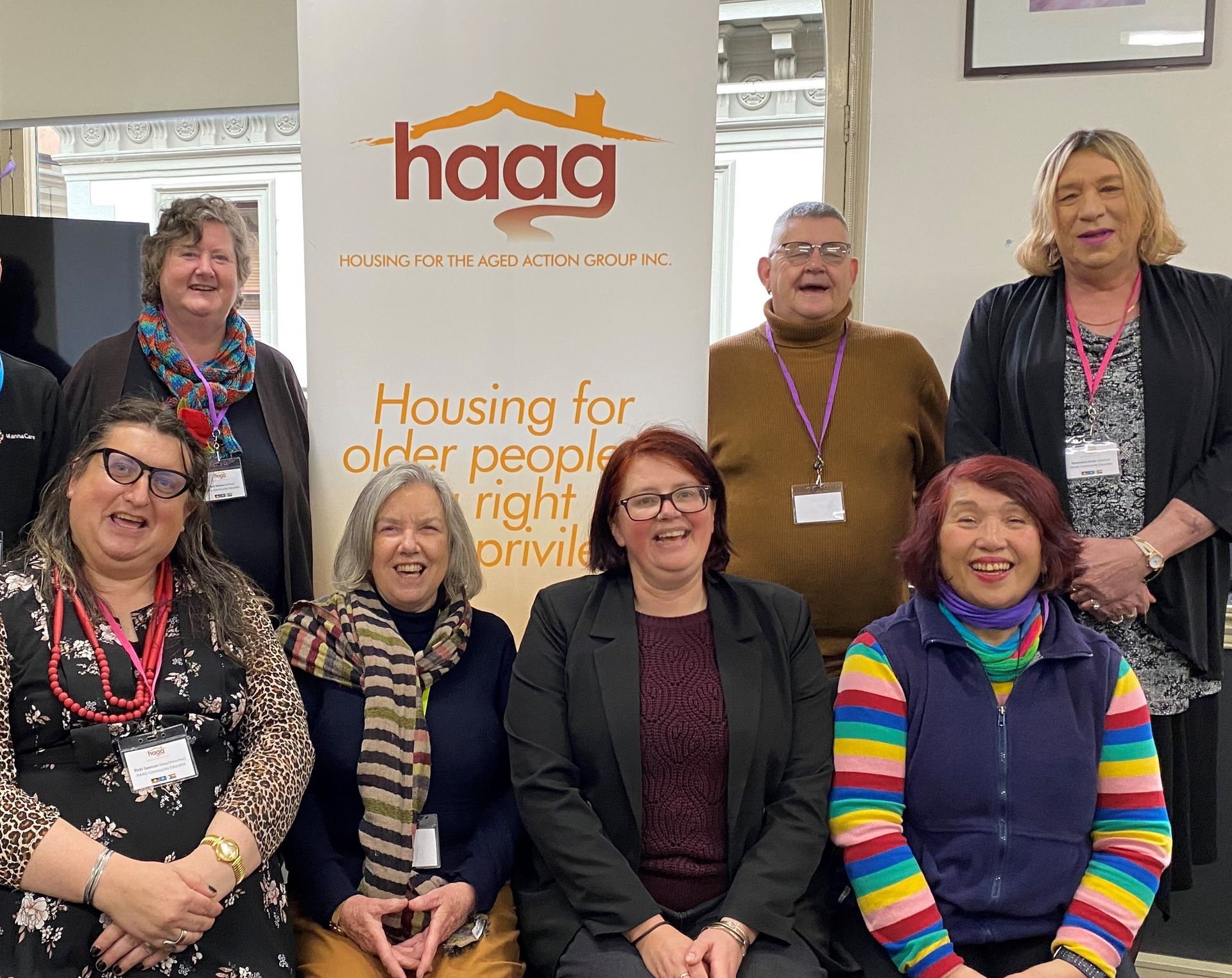
Pictured: Housing for the Aged Action Group, VIC
30
16
20
Making-a-Home Grants since inception
| Grant Round | Organisation | Grant | State |
| July 2021 | Juno (formerly WISHIN) | $5,000.00 | VIC |
| Micah Projects Inc | $5,000.00 | QLD | |
| Twenty10 | $5,000.00 | NSW | |
| November 2021 | Anchor Inc – Scoresby | $6,000.00 | VIC |
| Newtown Neighbourhood Centre | $6,000.00 | NSW | |
| Open Doors Youth Service | $6,000.00 | QLD | |
| Women’s & Girls’ Emergency Centre (WAGEC) | $6,000.00 | NSW | |
| You Matter (Aus) Ltd | $6,000.00 | VIC | |
| Zig Zag Young Women’s Resource Centre | $6,000.00 | QLD | |
| March 2022 | Wombat Housing and Support | $4,000.00 | VIC |
| WAYSS | $4,000.00 | VIC | |
| Taldumande Youth Service | $4,000.00 | NSW | |
| DV West | $4,000.00 | NSW | |
| Immigrant Women’s Support Service | $4,000.00 | QLD | |
| Chameleon Community Housing | $4,000.00 | QLD | |
| August 2022 | Australian Alliance to End Homelessness – Adelaide Zero Project | $6,000.00 | SA |
| End Street Sleeping Collaboration – Byron Shire Collaboration | $6,000.00 | NSW | |
| Gold Coast Homelessness Network – Gold Coast Zero | $6,000.00 | QLD | |
| Micah Projects – Brisbane Zero | $6,000.00 | QLD | |
| Neami National – Frankston Zero | $6,000.00 | VIC | |
| Neami National – Geelong Zero | $6,000.00 | VIC | |
| RUAH – Zero Project WA | $6,000.00 | WA | |
| Wollongong Emergency Family Housing – Illawarra Zero | $6,000.00 | NSW | |
| YFS – Logan Zero | $6,000.00 | QLD | |
| November 2022 | Catherine House | $5,000.00 | SA |
| Hope Street Youth and Family Services | $5,000.00 | VIC | |
| Housing for the Aged Action Group | $5,000.00 | VIC | |
| NOVA for Women and Children | $5,000.00 | NSW | |
| The Gender Centre | $5,000.00 | NSW | |
| Communify – Hart 4000 | $5,000.00 | QLD | |
| Total | 30 Organisations | $159,000.00 |





